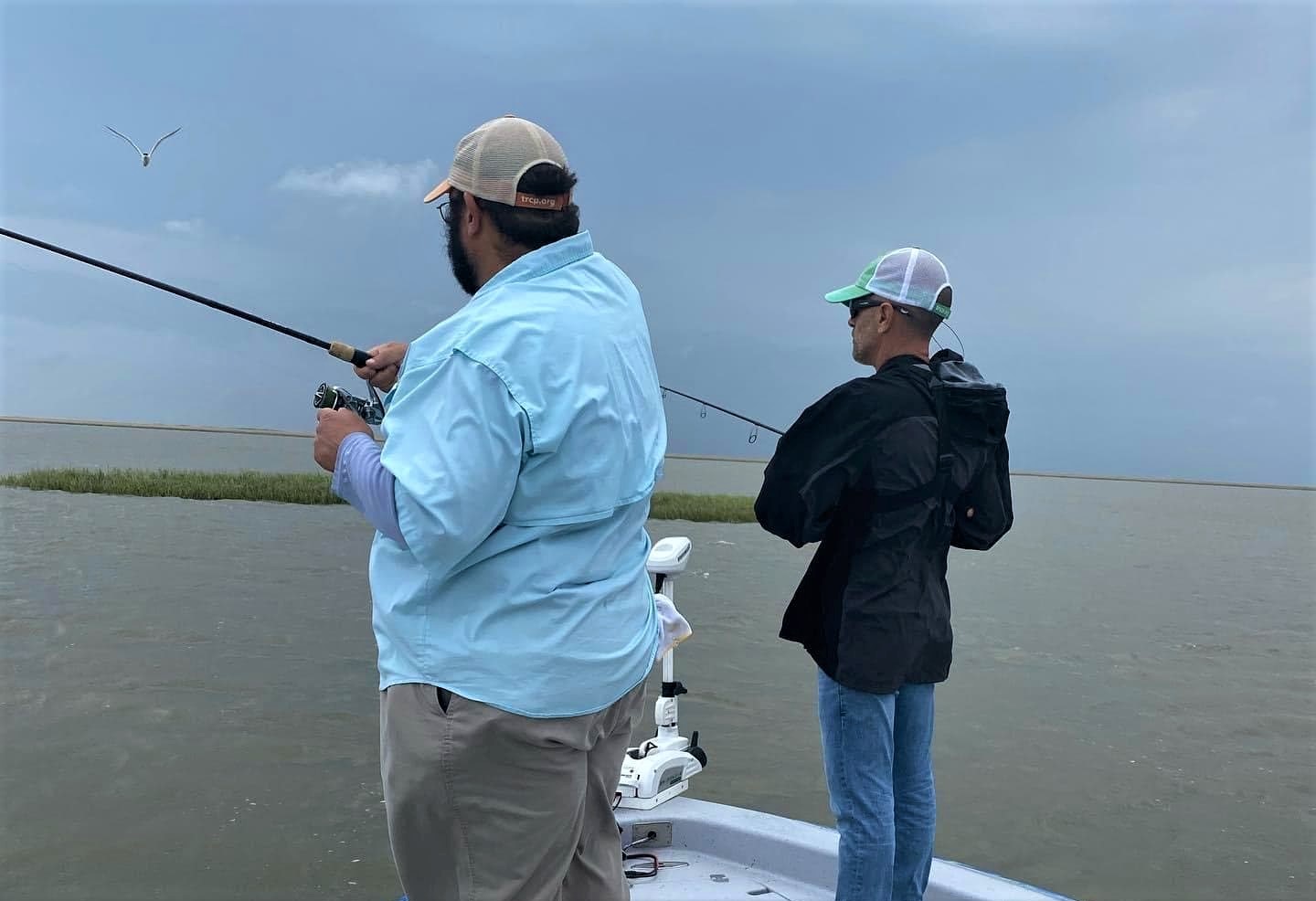Hunters and anglers urge lawmakers to conserve fish and wildlife habitat and improve access
Today, the Senate Energy and Natural Resources Subcommittee on Public Lands, Forests, and Mining heard testimony in support of a suite of public lands bills championed by hunters and anglers, including the bipartisan MAPLand Act, introduced by U.S. Senators Jim Risch (R-Idaho) and Angus King (I-Maine) in March.
The Theodore Roosevelt Conservation Partnership submitted testimony on behalf of the Colorado Outdoor Recreation and Economy Act (S. 173), Ruby Mountains Protection Act (S. 609), and the Modernizing Access to our Public Land Act (S. 904).
The majority of this testimony focused on explaining the challenges posed to outdoor recreationists by outdated and incomplete public land access mapping data. The MAPLandAct would enhance recreational opportunities on public land by investing in modern mapping systems that would allow outdoor enthusiasts to access the information they need using handheld GPS technology commonly found in smartphones.
“We are encouraged to see the committee listen to the voices of hunters and anglers by giving these bills an expeditious hearing,” said Whit Fosburgh, president and CEO of the Theodore Roosevelt Conservation Partnership. “The MAPLand Act will allow more Americans to get outdoors and share in the public land legacy that belongs to us all, while the CORE Act and the Ruby Mountains Protection Act secure some of the best fish and wildlife habitats for future generations of sportsmen and sportswomen. We hope these bills move through committee without delay and ask that lawmakers in both the House and Senate support these priorities that will strengthen our hunting and fishing heritage.”
In its formal testimony, the TRCP noted that:
• The MAPLand Act “would help address [access] challenges and inequities by moving our federal land management agencies into the modern era, so that public land users of all types can use digital mapping systems and smartphone applications to easily identify new opportunities for access and recreation, while understanding the rules to reduce conflict with private landowners, prevent resource damage, and avoid violations of the law.”
• The Colorado Outdoor Recreation and Economy Act “would conserve landscapes in western Colorado that include headwaters and habitats crucial to the health of Colorado River cutthroat trout, Rocky Mountain bighorn sheep, elk, mule deer, desert bighorn sheep and many others. The future of our hunting and fishing traditions and the North American Model of Wildlife Management depend on our ability to conserve quality habitat and to address the needs of wildlife in the face of dynamic challenges with increasing complexities.”
• The Ruby Mountain Protection Act “offers an important opportunity to conserve habitat and our outdoor traditions in one of the most spectacular places in our nation, and the TRCP thanks the committee for considering this legislation. The Ruby Mountains of Nevada support breathtaking views and valuable fish and wildlife resources, including Rocky Mountain bighorn sheep, mule deer, elk, mountain goats, and Lahontan cutthroat trout. We are thankful that the Ruby Lake National Wildlife Refuge, a vital stopover of the Pacific Flyway, has been included in the leasing withdrawal area.”
The TRCP’s full testimony can be read here.
Photo: Craig Okraska/Maven





